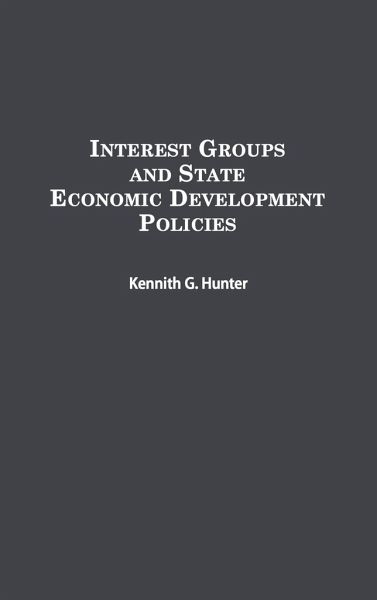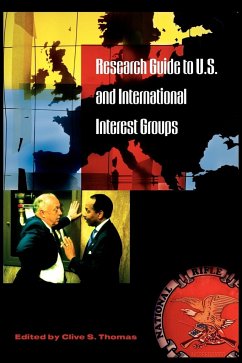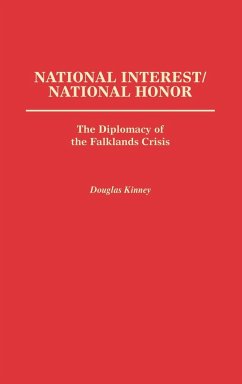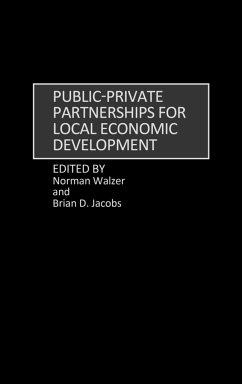
Interest Groups and State Economic Development Policies
Versandkostenfrei!
Versandfertig in 1-2 Wochen
88,99 €
inkl. MwSt.

PAYBACK Punkte
44 °P sammeln!
Confident in the knowledge that the U.S.was the dominant world economic power, state leaders paid little attention to economic development after World War II. Then, with increasing competition from Asia, Germany, and South America, the recession of the 1980s, and the Reagan cutbacks in assistance to states, they began to place more emphasis on state economic development, finding that earlier policies did little to help their states develop economically. Today, the pursuit of state economic development is so intense it pushes other issues to the back burner. Examining the impact of interest gro...
Confident in the knowledge that the U.S.was the dominant world economic power, state leaders paid little attention to economic development after World War II. Then, with increasing competition from Asia, Germany, and South America, the recession of the 1980s, and the Reagan cutbacks in assistance to states, they began to place more emphasis on state economic development, finding that earlier policies did little to help their states develop economically. Today, the pursuit of state economic development is so intense it pushes other issues to the back burner. Examining the impact of interest groups on state economic development policies, this book helps to account for some of the forces that have molded development policy during this crucial time. With the reemergence of economic development as a policy issue, state policy makers have developed over 300 distinct policies. What causes state officials to adopt or modify specific policies is open to debate. Investigating a series of variables believed to influence variations in state economic policies, the author finds that contemporary theories do not adequately explain the relationship between the lobbying efforts of interest groups and differences in economic development policies.














